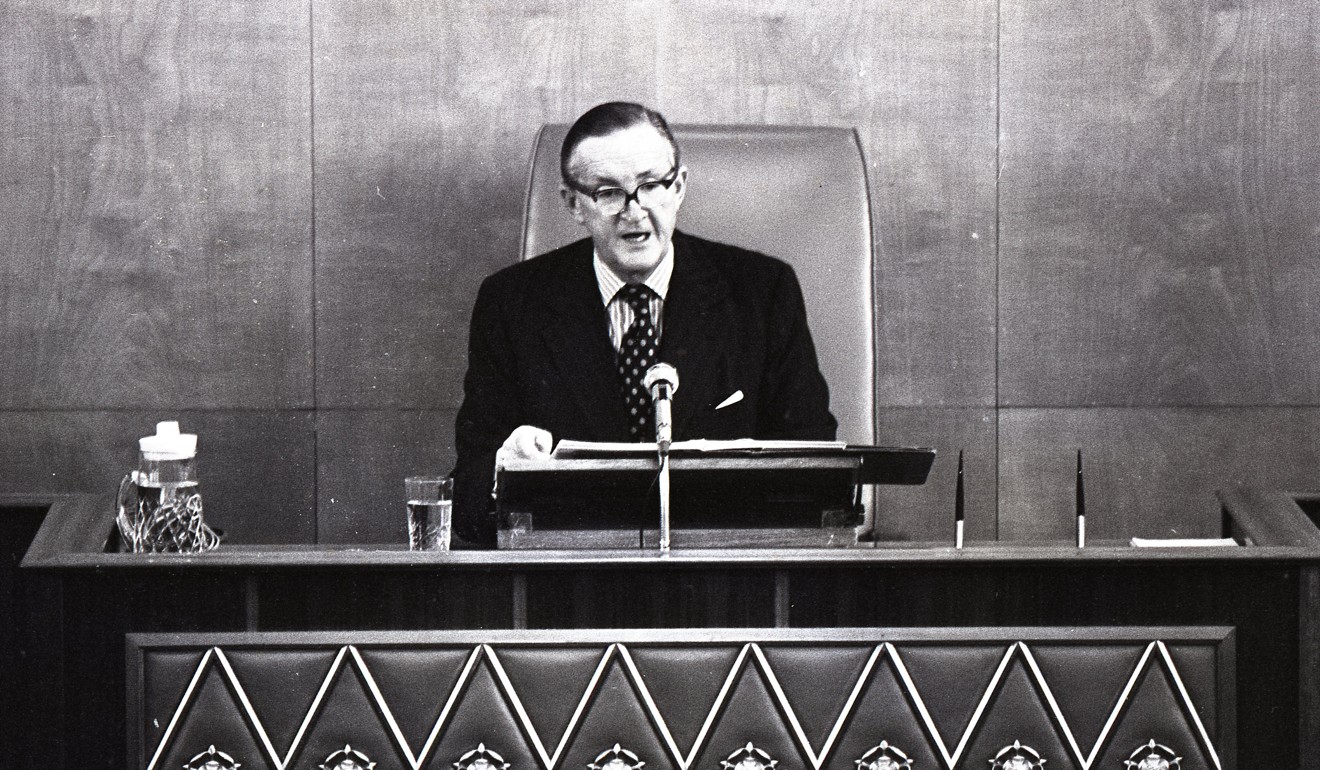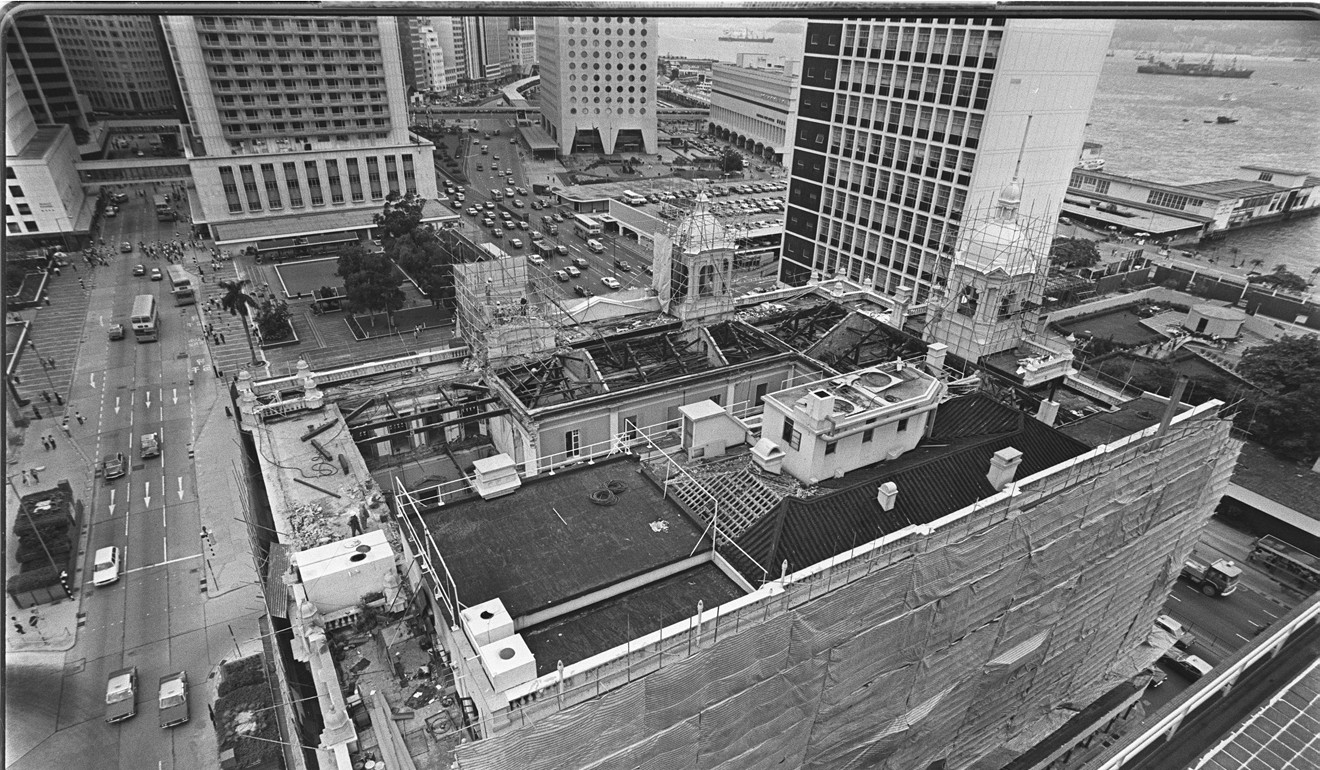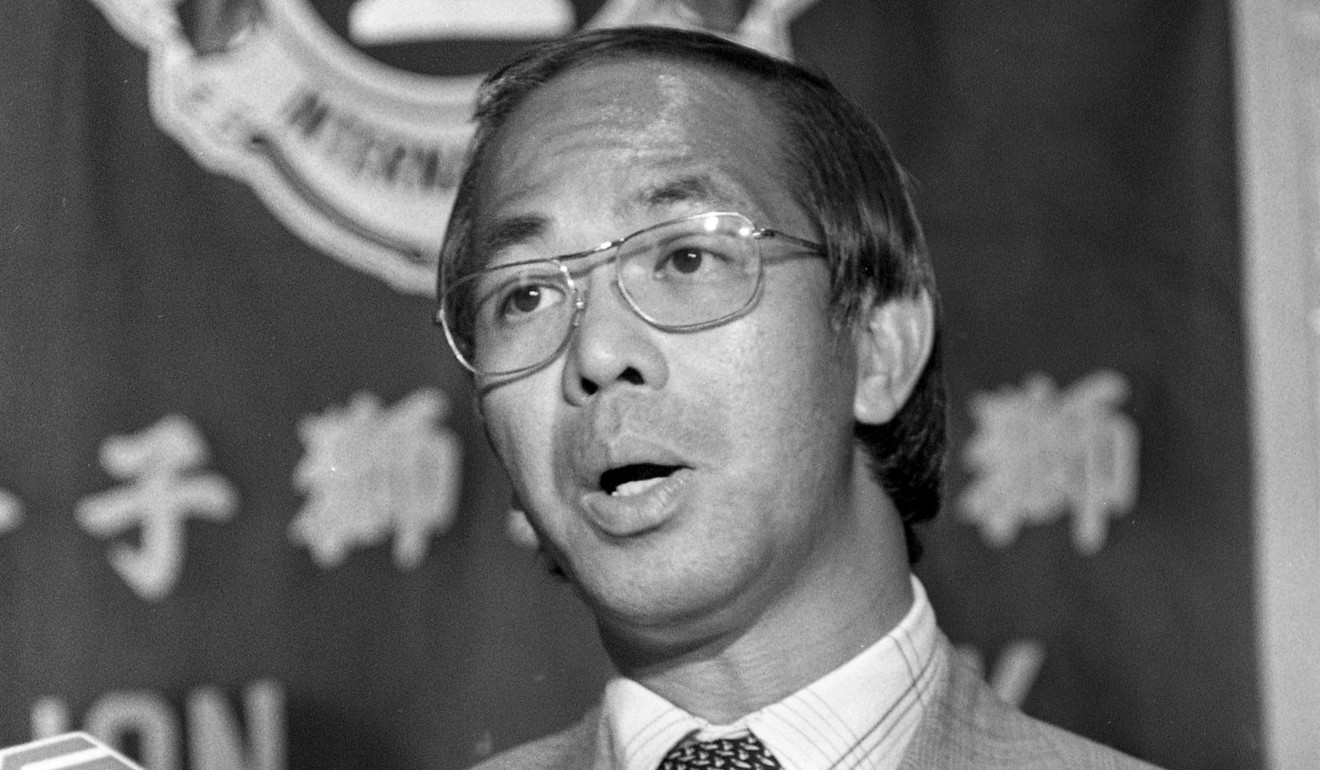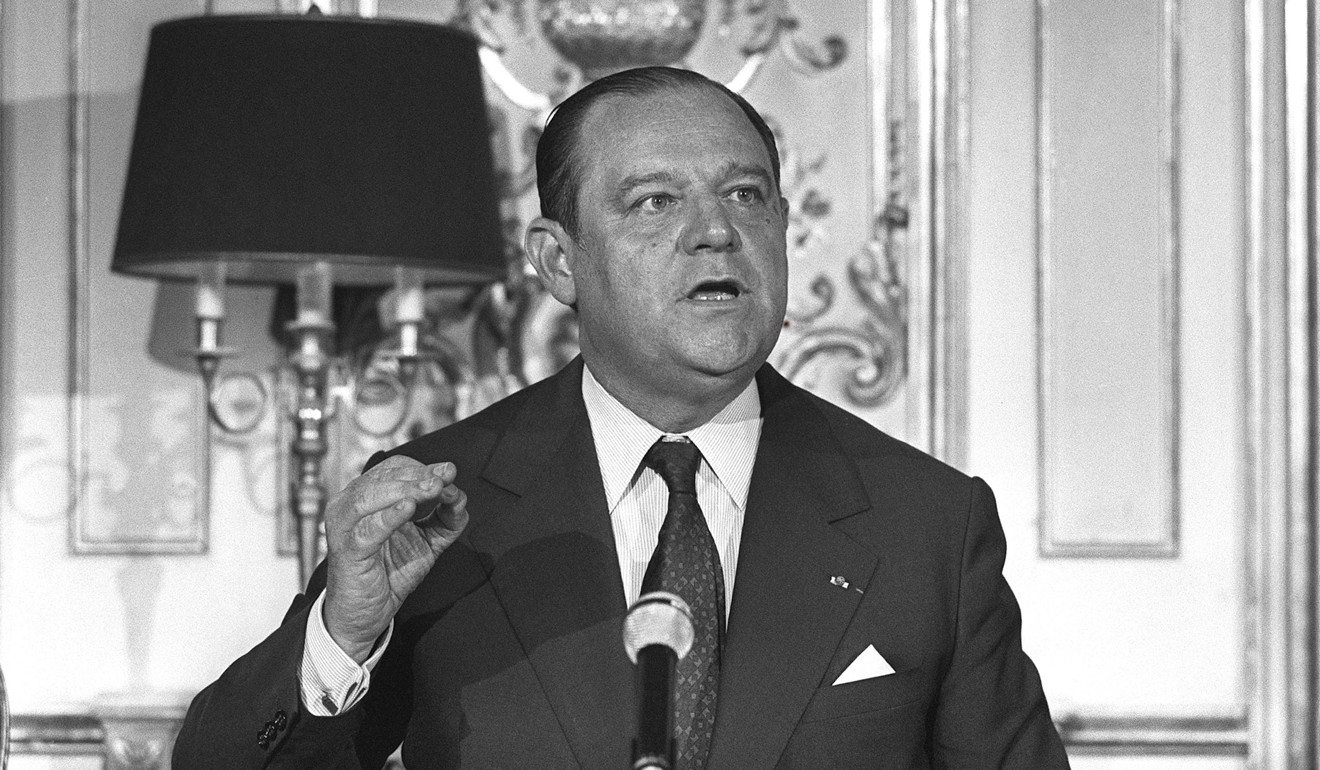It was little known to the world that Macau was a hotbed for espionage activities back in the 1970s, and with a surge of Eastern European tourists in the city, its government started screening this group. Meanwhile, in Hong Kong tax dodging activities seemed rampant with the Inland Revenue Department having identified 82 taxpayers short-changing the government of HK$77 million. Thank goodness we had an Australian bursting with enthusiasm to fight local crime by launching a monthly tabloid focusing on crime-related news and useful information.
Spies in Macau, pig deaths and a French bakers’ revolt: headlines from four decades ago
A journey back through time to look at significant news and events reported by the South China Morning Post from this week in history
PUBLISHED : Thursday, 09 November, 2017

November 6, 1977
● Governor Sir Murray MacLehose announced a partial amnesty for corruption offences committed before the beginning of this year, but it would exclude people against whom warrants had already been issued or investigations that had already begun. The announcement was immediately praised by the force.
● Saudi Arabia’s biggest private company – Arabian Service Co Ltd – was planning to purchase an interest in a first-class Hong Kong hotel. The firm was using the city as its headquarters for an Asian investment spree expected to total more than HK$100 million by the end of next year.
The first National Day festivities, rabid dogs and angry politicians: headlines from four decades ago
November 7, 1977
● Macau was taking steps to screen East European tourists to prevent any espionage activities being carried out against China. The action was in response to a surge of East European tourists visiting the Portuguese enclave.
● A Chinese secret society leader alleged by police to be one of Britain’s leading heroin dealers had lost an appeal against a deportation order. A Scotland Yard spokesman said Yau Lap-leun, also known as Georgie Pai, was the highest ranking member of the Wo Shing Wo triad faction in Britain, and that he had organised Chinese protection rackets in four British cities – London, Portsmouth, Birmingham and Manchester – with Chinese businesses paying him weekly “tea money.”

November 8, 1977
● The Hong Kong Club building should be demolished or the club would go bankrupt, its general committee told members in a special circular. The committee said it was fully aware of the club’s public responsibilities as owners of what was one of the last remaining buildings of its kind in Hong Kong.
● The corruption amnesty announced a few days ago by the governor would be extended to all public services and sections of the community – not just police. The news broke as Governor Sir Murray MacLehose addressed the Legislative Council.

November 9, 1977
● The Inland Revenue Department reported that 82 taxpayers had last year understated their earnings by an average of HK$942,000 each, or more than HK$77 million in total. The department pointed out that two successful prosecutions for inaccurate tax returns were instituted during the year, and in one of them, a suspended custodial sentence was meted out, as well as fines totalling 200 per cent of the tax undercharged.
November 10, 1977
● The British government faced a row over its decision to allow an 18 per cent increase in the grant paid to the queen for her expenses. Labour Members of Parliament (MPs) criticised the rise, stressing it came at a time when the administration was battling to keep pay rises within a 10 per cent limit. The proposed increase in the queen’s grant, from 1.6 million pounds (about HK$12.8 million at the time) to 1.9 million pounds was described as “absolutely outrageous” by an anti-monarchist MP.

● In France, a bakers’ revolt against government-imposed price cuts closed shops across the country. Butchers and greengrocers also joined the protest. The bakers’ action was in retaliation to the price cuts ordered by Prime Minister Raymond Barre, following a 0.9 per cent leap in food prices in last month’s price index.
November 11, 1977
● The Legislative Council was told that a free legal advice scheme, to be administered by the Law Society, could be in operation as soon as April next year. The scheme would initially be launched at two City District Offices to provide “basic legal advice in civil matters within the reach of more people more readily”, Attorney General John Hobley said.
● New Territories pig breeders stepped up herd inoculations following reports of outbreaks of foot-and-mouth disease in Kam Tin and Yuen Long. However, the actual number of livestock deaths was not known as many breeders did not report their losses to the Agriculture and Fisheries Department.
November 12, 1977
● A Consumer Council investigation into flat-selling procedures indicated that many buyers had been misled by shady practices. The council called on the authorities to protect flat buyers from being deceived about flat sizes, completion dates, financing procedures and construction material, which were all major areas of complaint by consumers.
● A Hong Kong-based Australian was set to launch a newspaper aimed at fighting crime in the city. The 48-page monthly tabloid, Crime Fighter, would hit the streets in January next year. The paper’s managing director Raymond Adams said: “Crime fighting is a huge area in Hong Kong and I hope my paper can be of some assistance to the people.” However, the paper would be in Chinese which meant Adams would not be able to read his own product.
No comments:
Post a Comment
Comments always welcome!